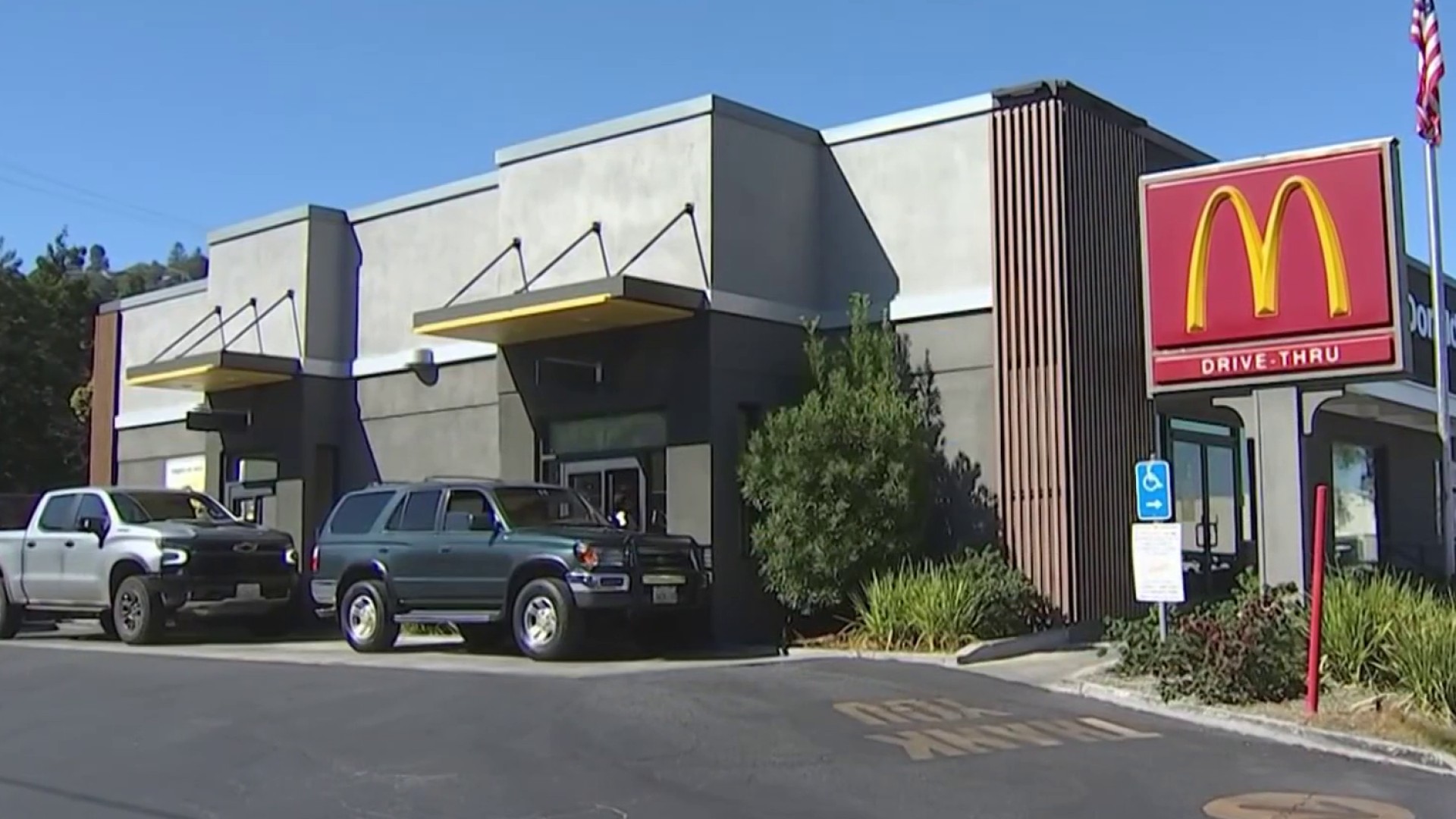Two separate California bills, seeking to add tougher regulations over the driverless car industry, got the greenlight this week to continue making their way through the legislature in hopes of ultimately moving to a full vote.
The bills come in the wake of a series of reports from the NBC Bay Area Investigative Unit, which raised serious safety and ethical concerns regarding oversight of the technology.
Currently, transportation laws in California require traffic tickets to be issued to drivers. As NBC Bay Area reported last year, law enforcement has interpreted that to mean in the case of autonomous vehicles violating the rules of the road, no tickets can be written since there are no human drivers present.
“There's no authority in the vehicle code to actually cite a company or to cite a car,” said Rep. Phil Ting, who authored legislation to close the apparent loophole. “It allows law enforcement to cite companies similar to the way that we would be cited.”
Get top local stories in San Diego delivered to you every morning. Sign up for NBC San Diego's News Headlines newsletter.
In addition to making driverless car companies liable for moving violations, Ting’s bill also seeks to standardize communication between driverless car companies and emergency responders by requiring autonomous vehicles to be equipped with a two-way communication device that would allow first responders to remotely connect with dispatch operators for driverless car companies within 30 seconds. The legislation, AB-1777, passed unanimously in the Assembly’s Transportation Committee on Monday.

Senator Dave Cortese’s bill, SB-915, aims to add additional oversight by giving California’s more than 400 cities the power to write their own individual regulations relating to driverless cars, which could include closing the loophole on traffic ticket immunity, but also the power to enact new rules dictating allowable hours of operation, location, and fleet sizes. Currently, the California DMV and the California Public Utilities Commission share regulatory responsibilities over autonomous vehicles for the entire state.
National Investigations
“Local governments currently do not have the authority,” Cortese said during a Senate Transportation hearing on Tuesday. "Governance of local streets and roads has long fallen under the jurisdiction of state and local governments, the operations of [autonomous vehicles] should be no different.”
Cortese's bill, in a 10 to 5 vote, received enough support to pass through the Senate Transportation Committee late Tuesday evening. Both bills now move on to their respective Appropriations Committees in the Assembly and Senate. If approved, the proposed laws could go to a full vote of the legislature sometime this summer.

The Autonomous Vehicle Industry Association, which represents major driverless car companies like Waymo and Cruise, opposes both bills, arguing Cortese’s attempts to give cities the ability to write their own laws could create a chaotic hodgepodge of regulations across the state that could stunt innovation.
“Regulatory certainty is crucial to allow for companies to expend the type of resources they need to expend for companies to deploy to scale,” said Renée Gibson, the association’s director of government affairs. “So when you have the potential for hundreds of local jurisdictions to set up their own regulations, that creates a patchwork of [regulations] and that creates an incredible amount of uncertainty.”
Cortese argues that since driverless cars have long argued their tech is superior to even human drivers and can adapt to all sorts of scenarios, he doesn’t understand why the prospect of having to program the cars to adhere to different rules in different cities would be too problematic.
“How are taxis and rideshares doing it with human drivers,” he said. “Supposedly, this wealth of intellect that’s built into the computer chip and the coding is not going to be able to do the same damn thing? You can’t have it both ways.”
Watch our entire investigative series
- Part 1: Driverless cars seek San Francisco expansion despite worries tech is unsafe
- Part 2: CPUC votes to expand driverless car operations in San Francisco
- Part 3: San Francisco city attorney files motion to pump the brakes on driverless cars
- Part 4: Google's Waymo says insurance data shows its driverless cars are safer than humans
- Part 5: Hit-and-run driver strikes pedestrian, tossing her into path of Cruise car in San Francisco
- Part 6: Driverless trucks and robot deliveries promise fewer traffic jams than robotaxis
- Part 7: Cruise says its robotaxis can now better detect emergency vehicles
- Part 8: California DMV orders Cruise's driverless cars off the road
- Part 9: Driverless cars immune from traffic tickets in California under current laws
- Part 10: GM's Cruise lays off nearly 25% of its workforce
- Part 11: Waymo's driverless cars surpass 7 million miles, but are they safer than human drivers?
- Part 12: Cruise probe blames poor internet, bad leadership, and "flawed" decisions for company's woes
- Part 13: Driverless Cruise car accused of almost hitting 7 yr old after similar close call involving kids
- Part 14: Cruise offers to pay $112,500 in fines to settle claims driverless car company misled regulators
- Part 15: Uber Eats now uses Waymo Self-Driving cars to offer driverless deliveries
- Part 16: Bills aimed at closing traffic ticket loophole for driverless cars get initial green light


